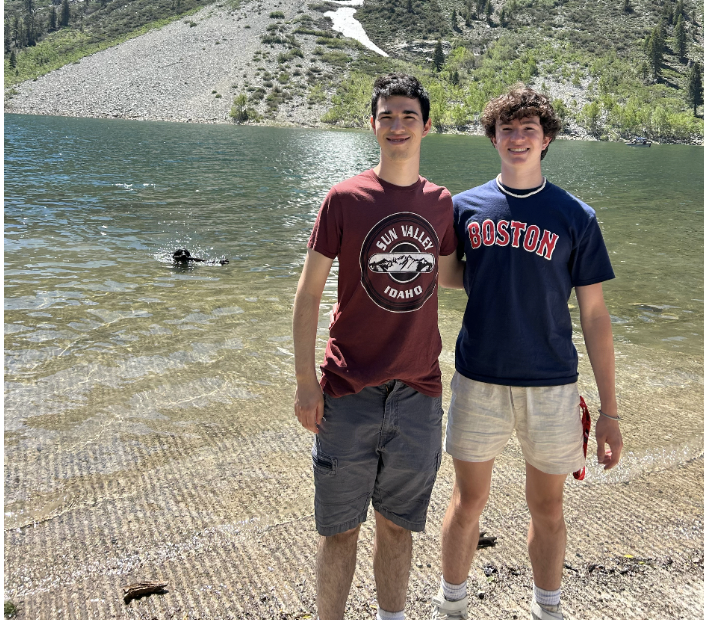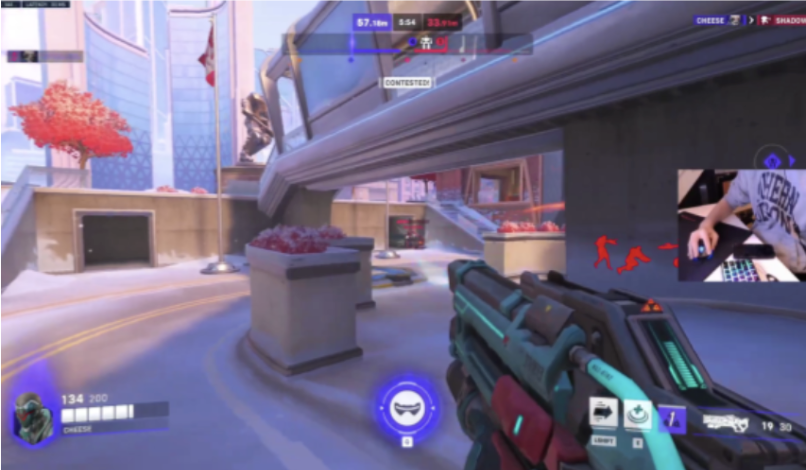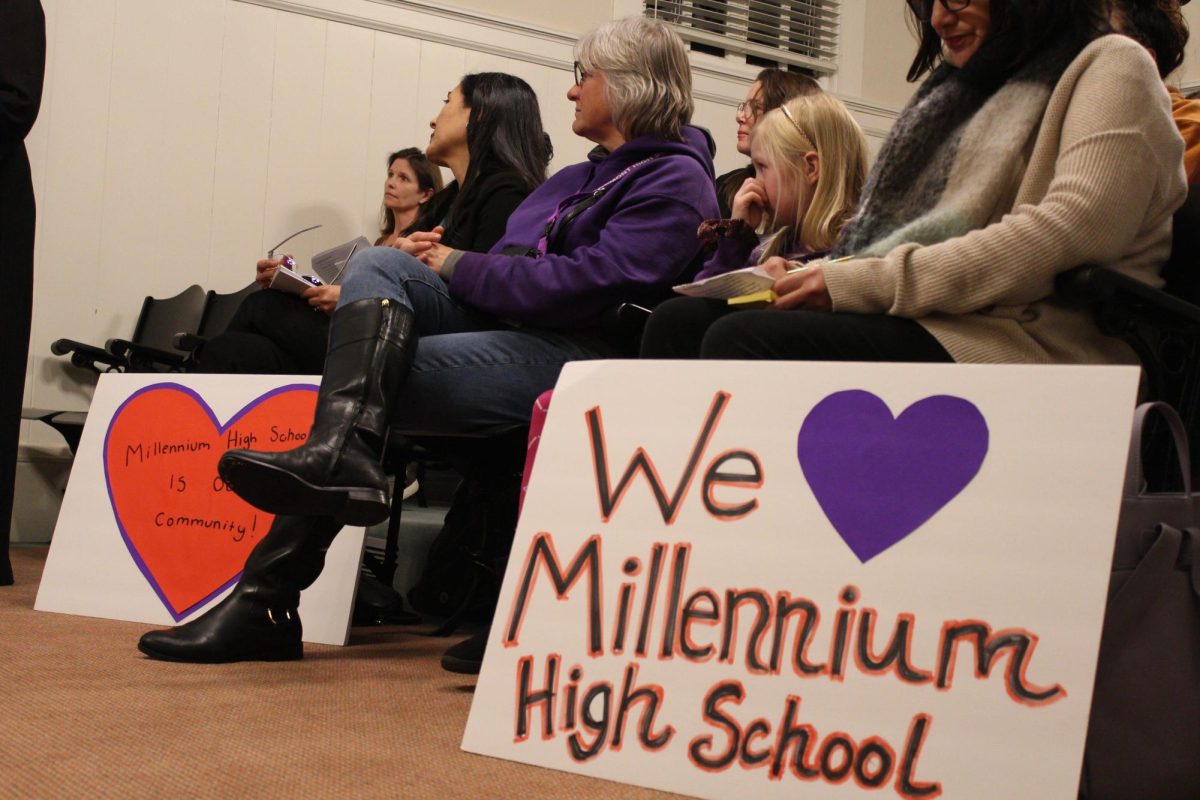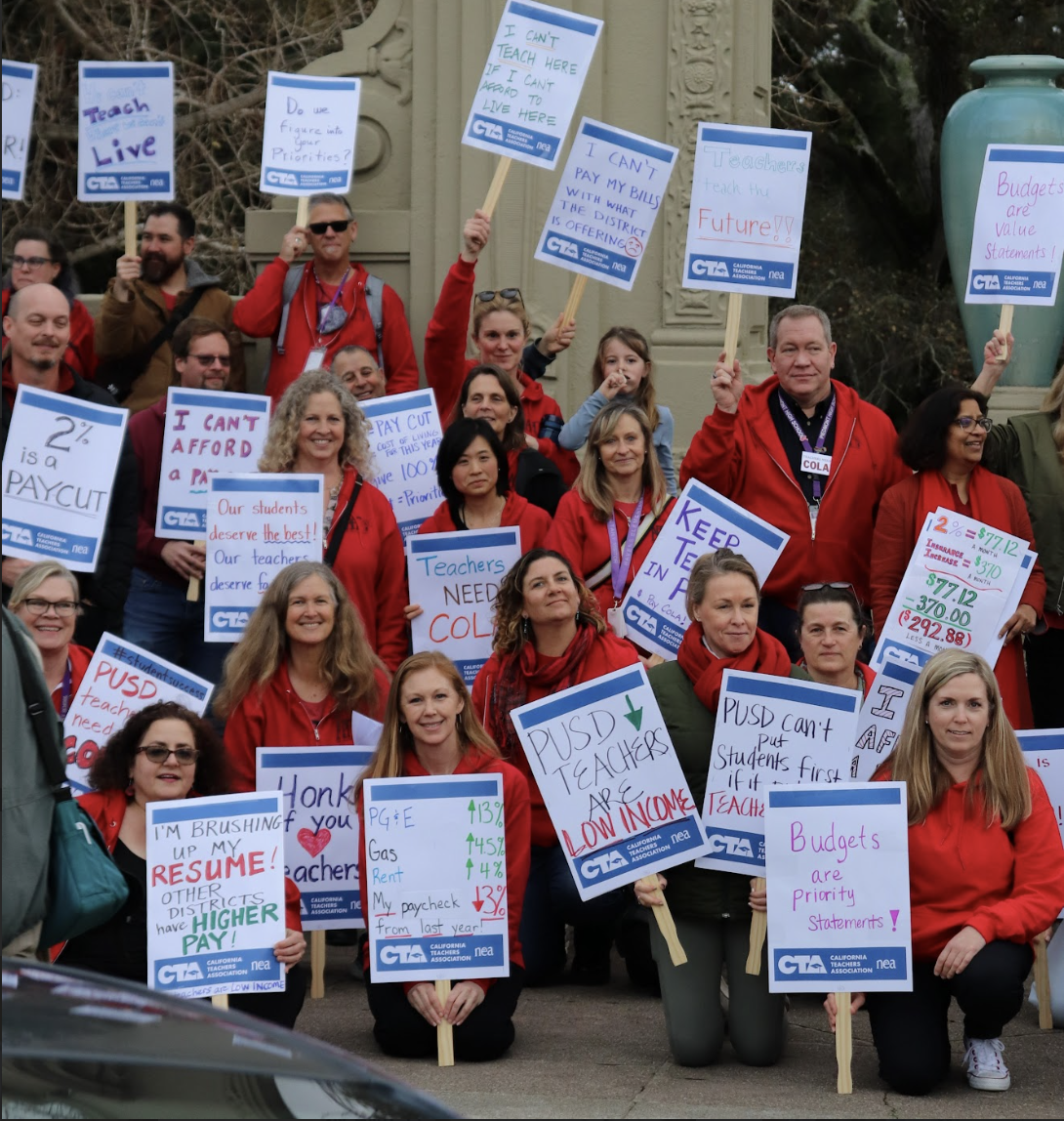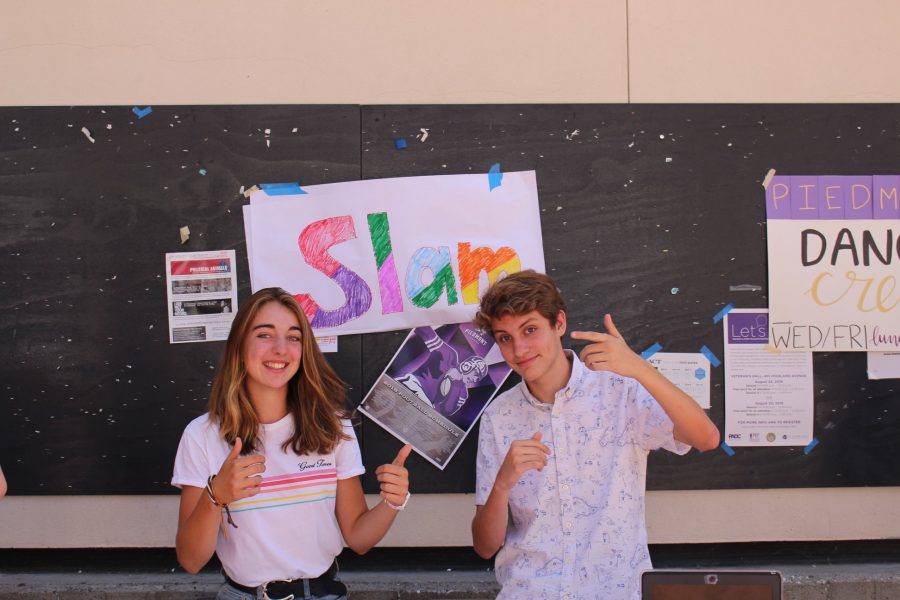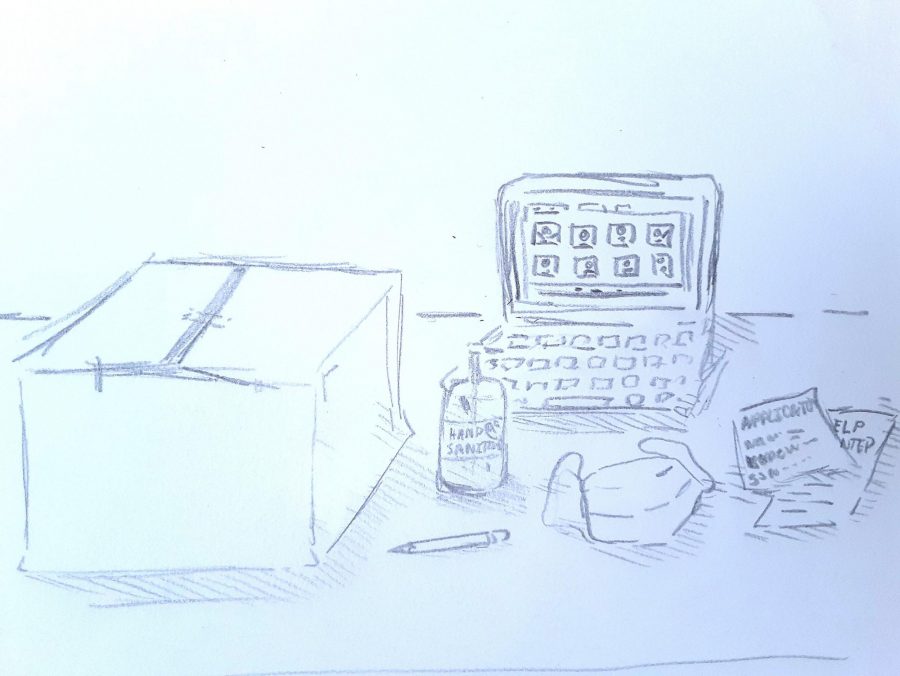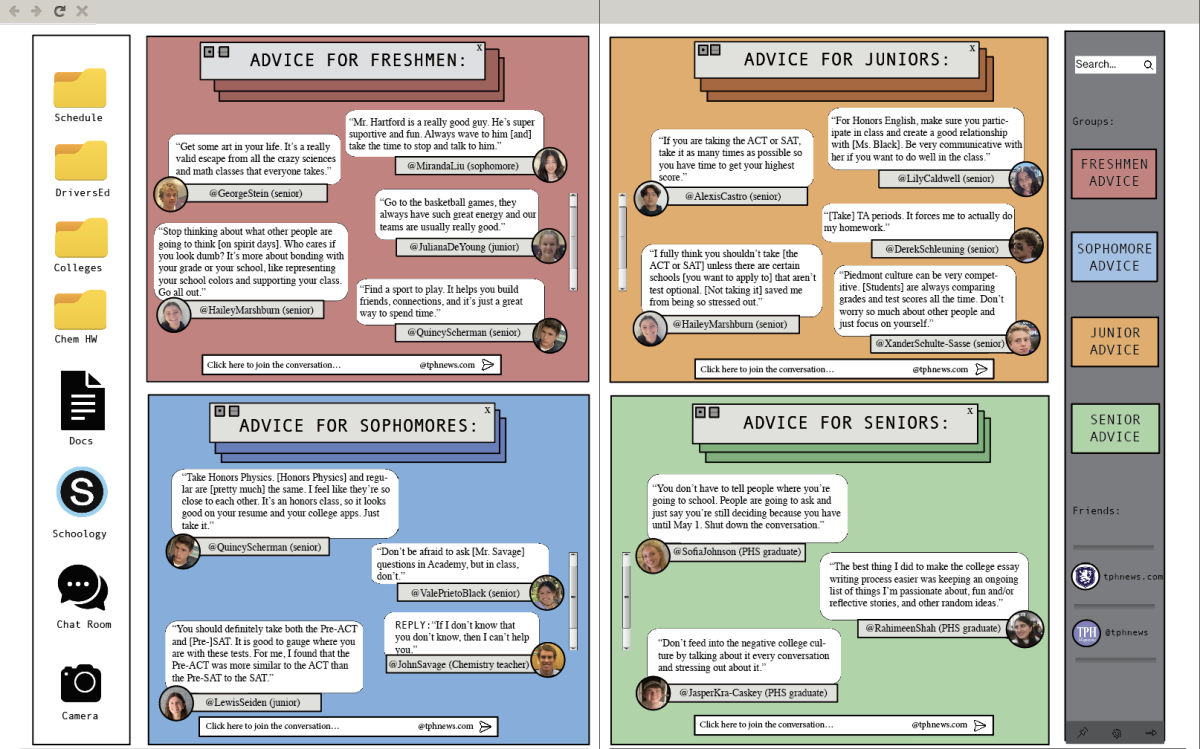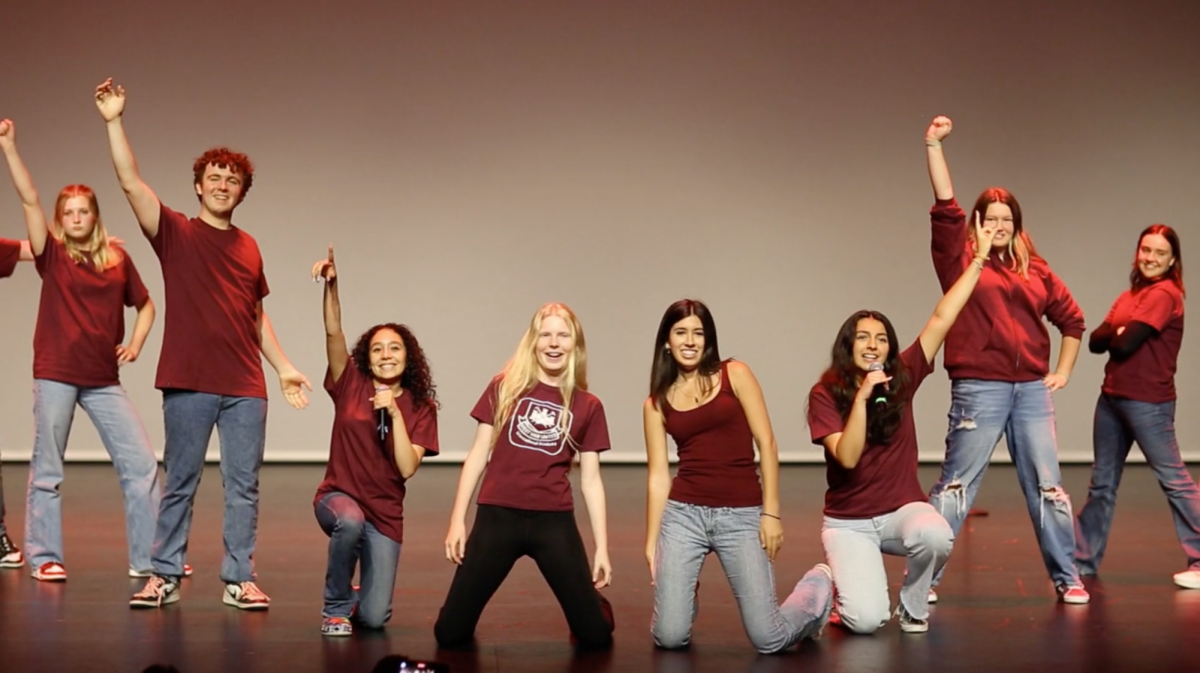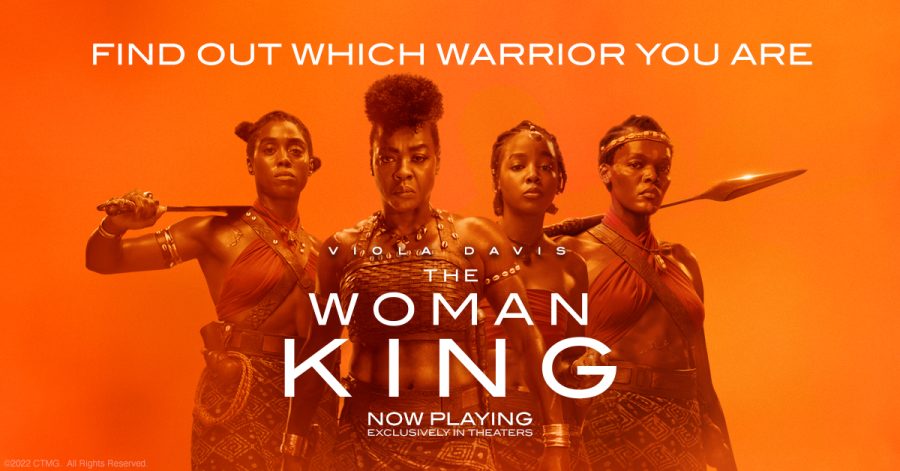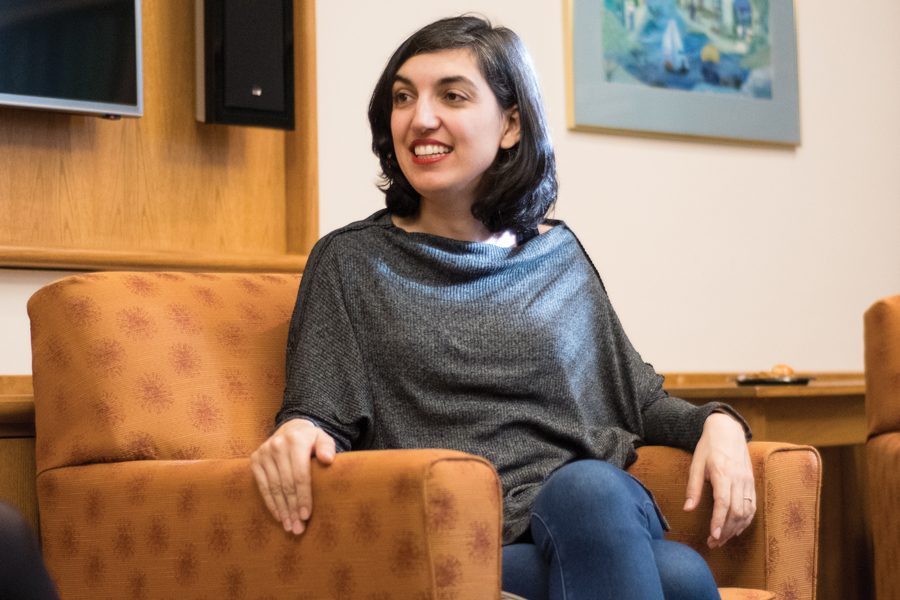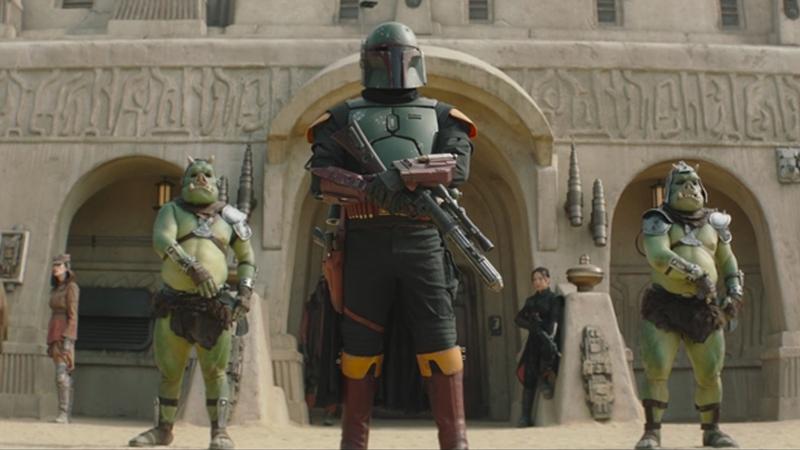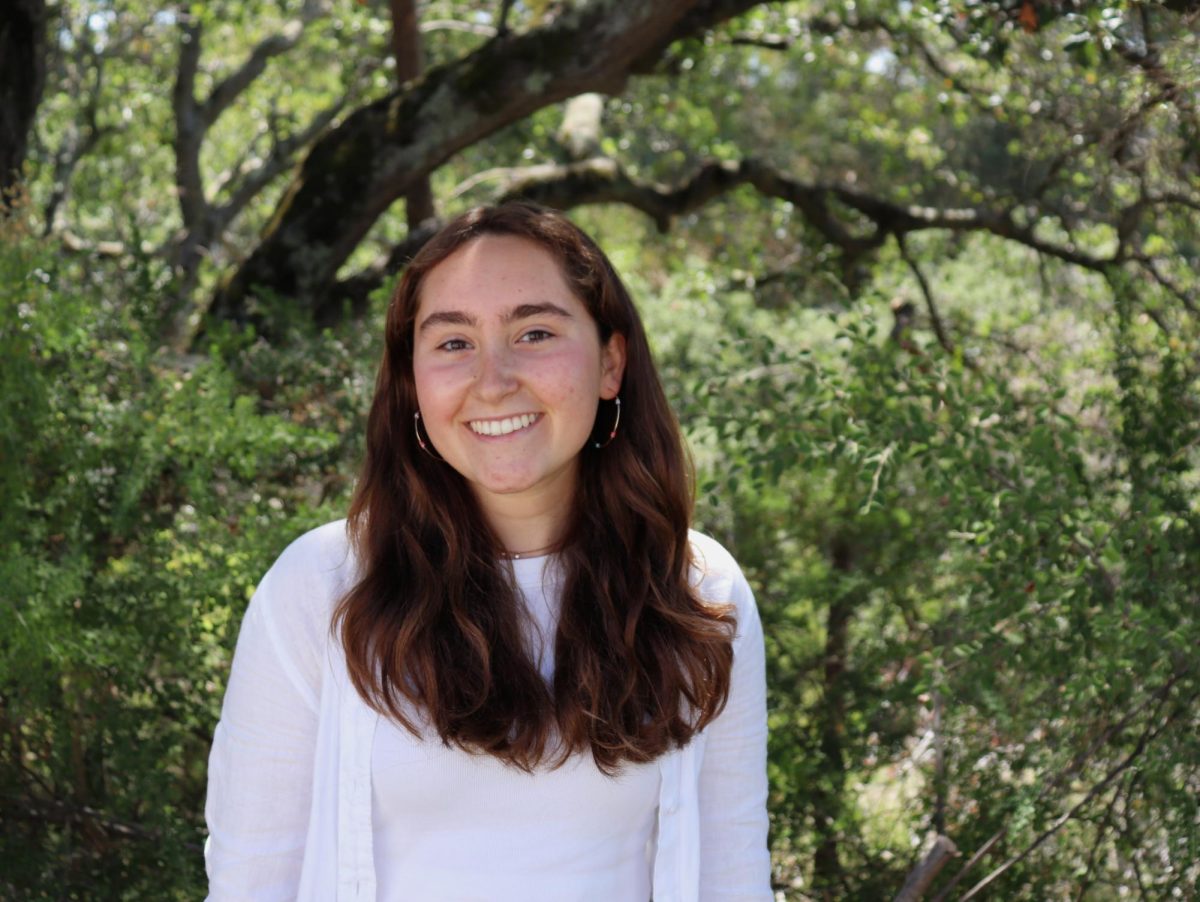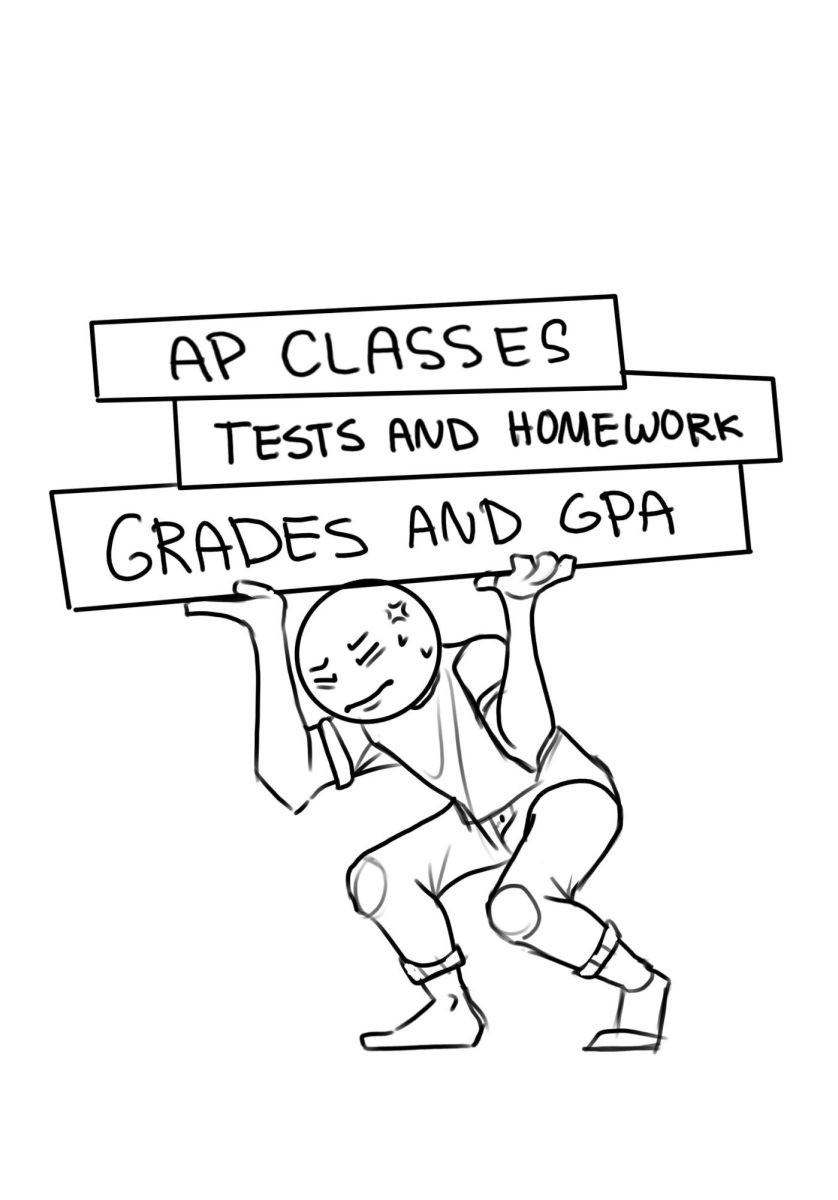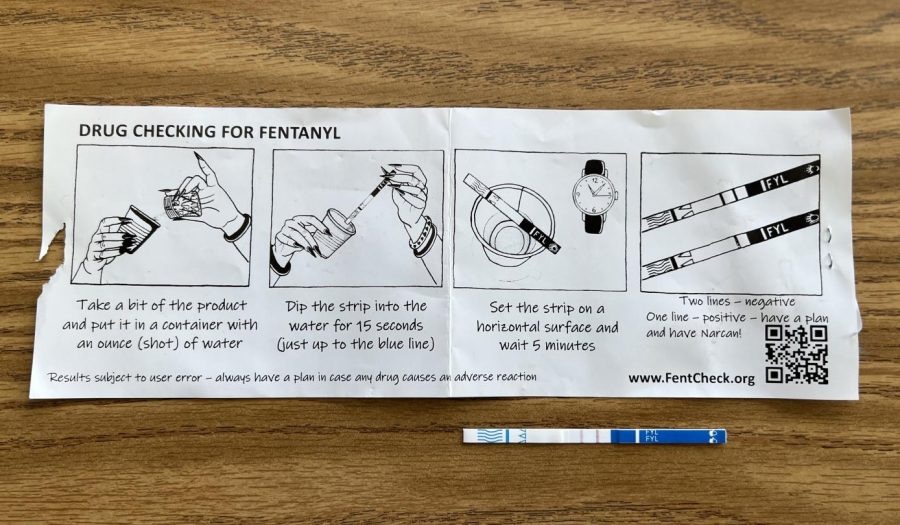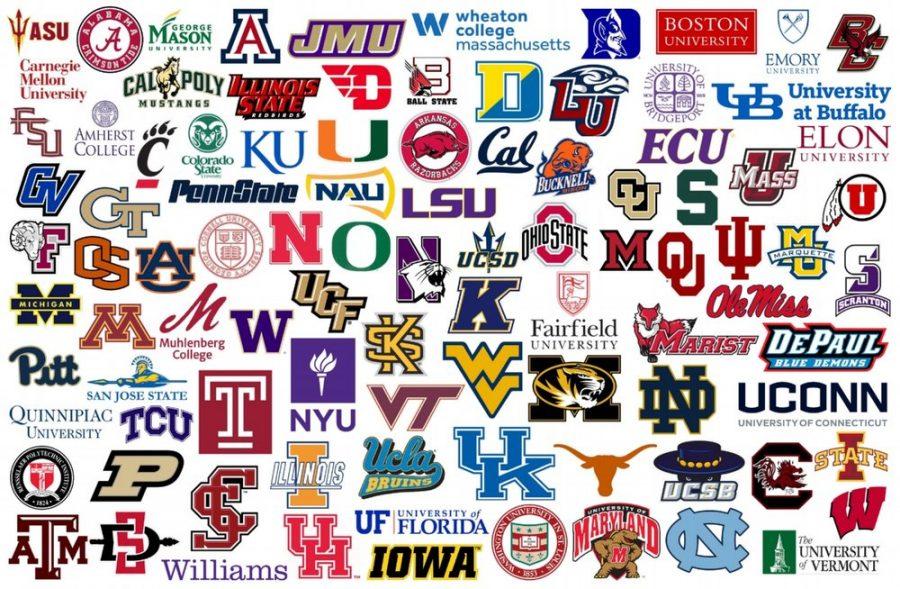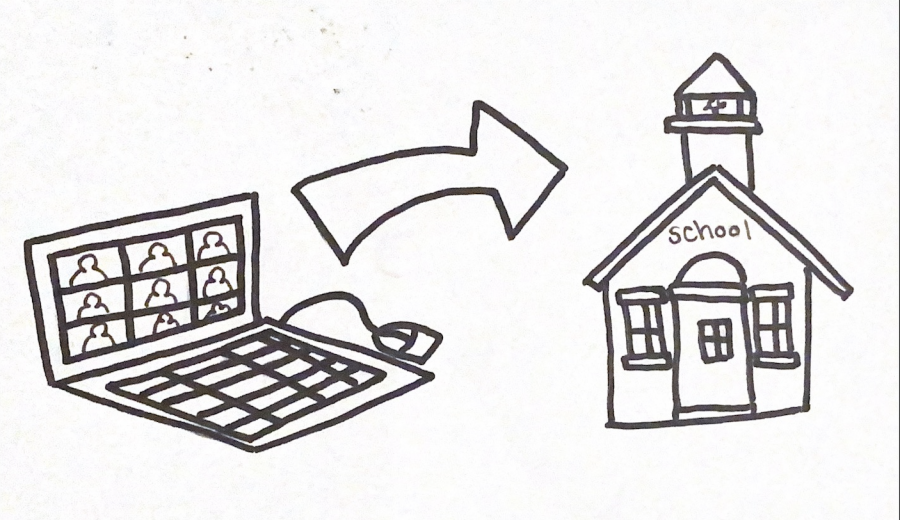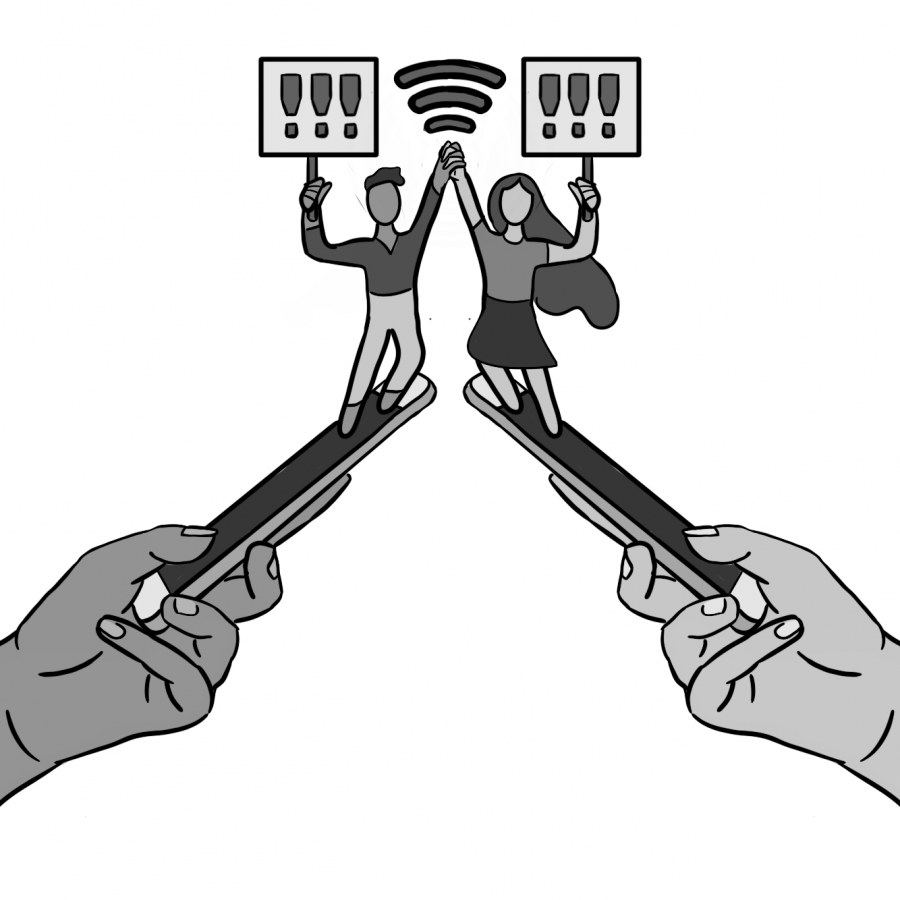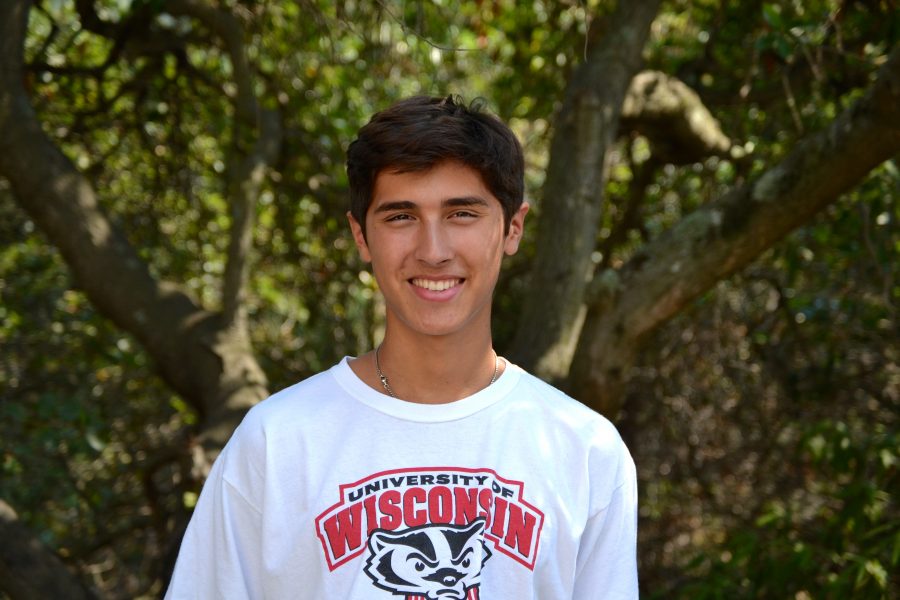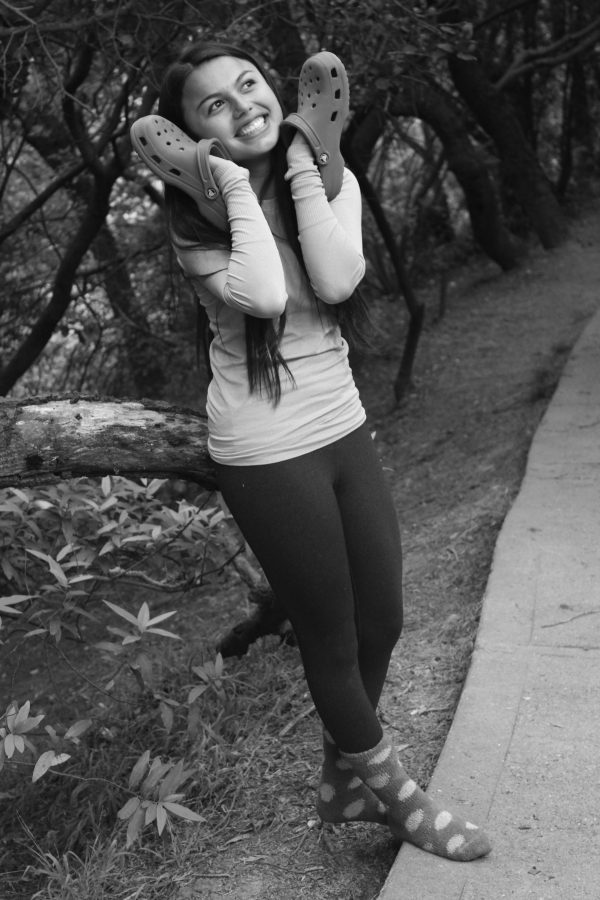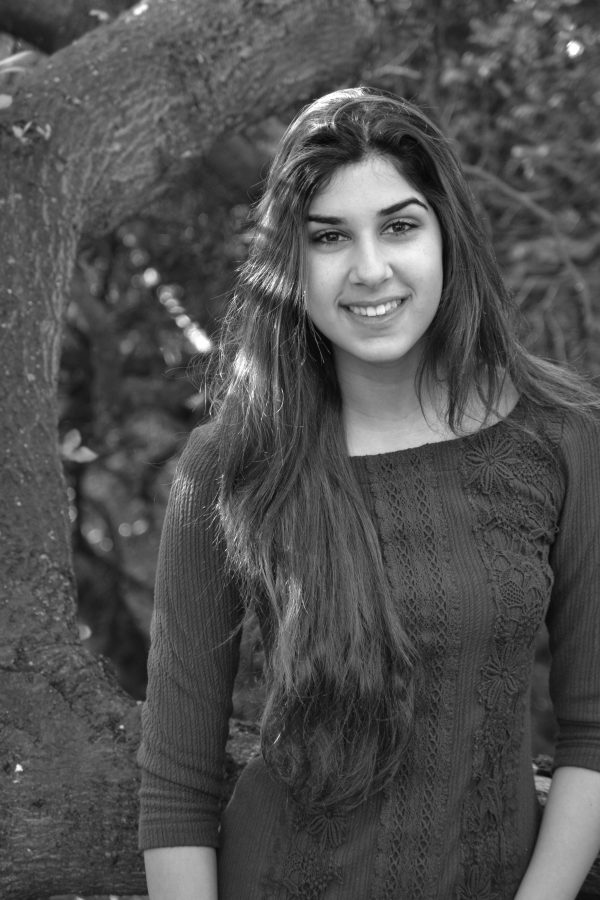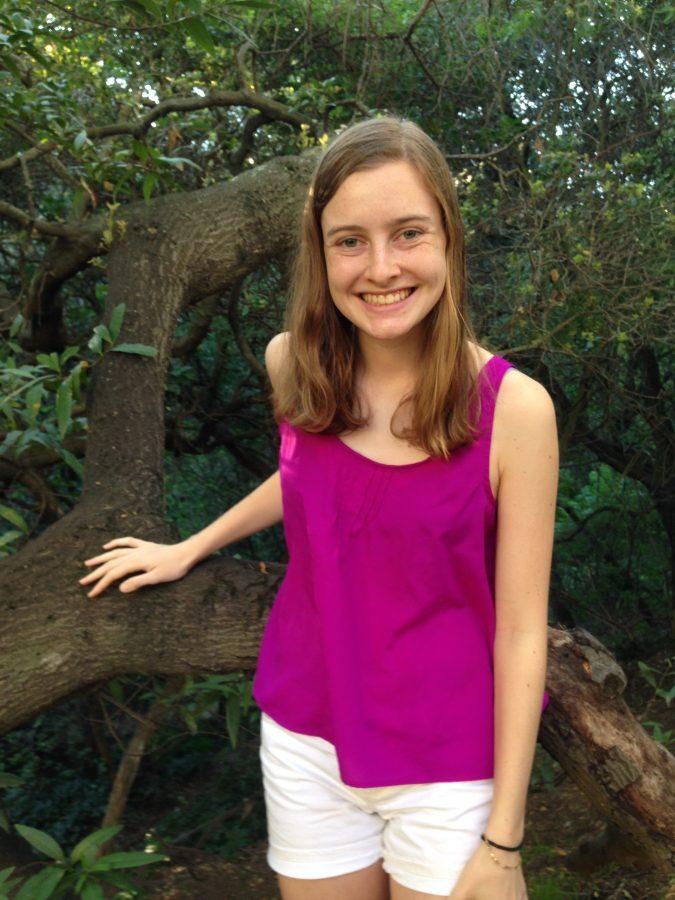With a red tie, fake glasses, and a “Bernie Sanders 2016” campaign button, junior Emily Rexrode is ready for Halloween. Students recognize her costume right away, laughing in approval. Someone shouts, “Feel the Bern!” winning a smile from Rexrode.
Every school has political aspects and students with varying viewpoints. Some have firm opinions and share them freely, while others quietly wonder what they believe, but the differentiating factor is whether these ideas remain under the surface, or are up in the air.
Junior Victoria Hou’s enthusiasm about politics has only grown throughout high school.
There are always students who are more opinionated than others, but PHS has one of the more politically-aware social climates compared to schools nearby, Hou said.
“On one hand we are obviously the more well-off members of the Bay Area, but we are also quite liberal, so Piedmont is really good in terms of [aligning] those different perspectives,” Hou said.
Civics and history teacher David Keller agrees that most students have very strong political opinions; however, not all students express them.
Sophomore Audie Walter said that there are definitely groups on campus who talk about politics, but also some who do not. Even though Walter clearly knows her views on certain issues, she does not discuss them on a daily basis.
Once she started high school, Rexrode and her father began discussing current issues, sparking a greater interest in world politics.
Growing up, students tend to mirror the political values of their parents, Keller said. Walter said that although her views are slightly different from her parents’, they came from the same origin, and therefore are similar ideas.
Rexrode not only felt her parents influencing her beliefs, but also the Piedmont community.
“Living in such an affluent community of excess really makes you reconsider why all of us get to have all of this, while other people do not have health care and cannot pay for college,” Rexrode said.
It also makes her think about what impact she could have by voting for a candidate who she thinks will change that for people, Rexrode said.
Junior Taylor Scofield, a self-proclaimed liberal, said she generally falls within the majority in Piedmont when it comes to political views.
“There’s definitely a strong liberal presence in this area,” Scofield said. “As I’ve gotten older I’ve gotten exposed to people who have different views and that’s changed some of my opinions too over time.”
Scofield said her friends are often surprised at her liberal political views.
“Often times when people think Piedmont, they think conservative just because of the fact that it’s a mostly white, upper class, high-income area,” Scofield said. “That’s really not the case.”
Scofield, who makes a note of keeping up with the news, said that she plans to vote as soon as she can.
“People should educate themselves about politics,” Taylor said. “It’s really important. Even if you think that stuff doesn’t affect you, it does.”
Junior Camille Selna, who attended Bishop O’Dowd during her freshman year, notes that compared to Piedmont, O’Dowd’s diversity led to less political pressure to conform.
“There was no real political norm,” Selna said. “Everything kind of just varied.”
Selna said during class, Piedmont’s political homogeneity can make for an unwelcoming environment.
“You can’t really get much variety in opinion on certain things because the majority of the class is pretty liberal,” Selna said. “It’s hard to express your opinion if it’s different from the majority.
Hou became more intrigued with politics when she began her involvement with extracurriculars that involved politics and law such as Mock Trial and Model United Nations.
“Model U.N. allows students to see things from other countries’ perspectives,” Hou said. “We don’t necessarily have a good understanding by being an American citizen and always being exposed to American media.”
Walter, also a member of Mock Trial, said that her involvement didn’t necessarily change her views, but made her more aware of and interested in politics.
Peter Levine, a professor at Tisch College, is the Associate Dean for Research at The Center for Information and Research on Civic Learning and Engagement.
Schools have the power to cultivate young people who are politically involved by teaching them about the government and providing opportunities to run for student leadership positions, Levine said.
“What is more effective is also having a discussion about current issues and things that are controversial,” Levine said.
For Rexrode, school classes such as AP U.S. History and Honors English, were more influential to the furthering of her political ideas.
“Being analytical about the ‘American Dream’ and where we are today made me more analytical about our country,” Rexrode said.
Rexrode is also a member of Culture Club at PHS, which explores different countries relative to the U.S. and has made her more aware of foreign issues and their effects on domestic issues.
This greater knowledge of issues across the globe has taken Rexrode out of her own world and made her look at life through a slightly different lens.
“Just knowing that there are bigger problems out there puts yours into perspective,” Rexrode said.
Walter said that another factor that influences her enthusiasm is the gravity of events happening in large-scale politics. Because the presidential elections are happening soon, Walter said she is interested in the candidates and how they will support the country.
Students find interest in politics at school and at the level of presidential politics, but in between the two extremes, there is a huge amount of political issues that fail to spark interest among students, Keller said.
Rexrode agrees that while students focus more on politics in the community, they are not necessarily selfish, she said.
“It is sometimes hard to take a second to think about larger issues,” Rexrode said. “It could be a good thing to spread awareness of [happenings] outside the Piedmont bubble.”
Along with this increasing awareness, Walter also wants there to be positive encouragement for students to participate in the politics they are able to.
Hou said she understands that not everyone is willing to share their political opinions because it is a controversial topic and is subjective to every individual.
“It depends on each students’ personal interests,” Hou said. “If they’re not interested in politics and don’t want to be involved that is obviously their choice, but the consequence are going to be that their voices will not be heard.”
The lack of student involvement and enthusiasm around politics is an issue of national concern, Keller said.
“If the next generation is not interested in running our country, that leads our country to be led by a huge question mark,” Keller said.
How people view the government’s ability also plays a role in how involved they are, Keller said. In the 1960s the government was solving nation-wide problems, therefore people tended to be more interested and have stronger opinions.
“As time has gone by and the problems we are addressing tend to be bigger and harder for government to solve, people are less interested in trying to get involved,” Keller said.
Walter said that sparse involvement may also be caused by lack of knowledge in addition to lack of interest, but everyone should know that one vote can make a difference.
“I think it’s really important that our generation and our people have a say in what goes on because it is our country as much as anyone else’s and it is our job to make it better,” Walter said.



